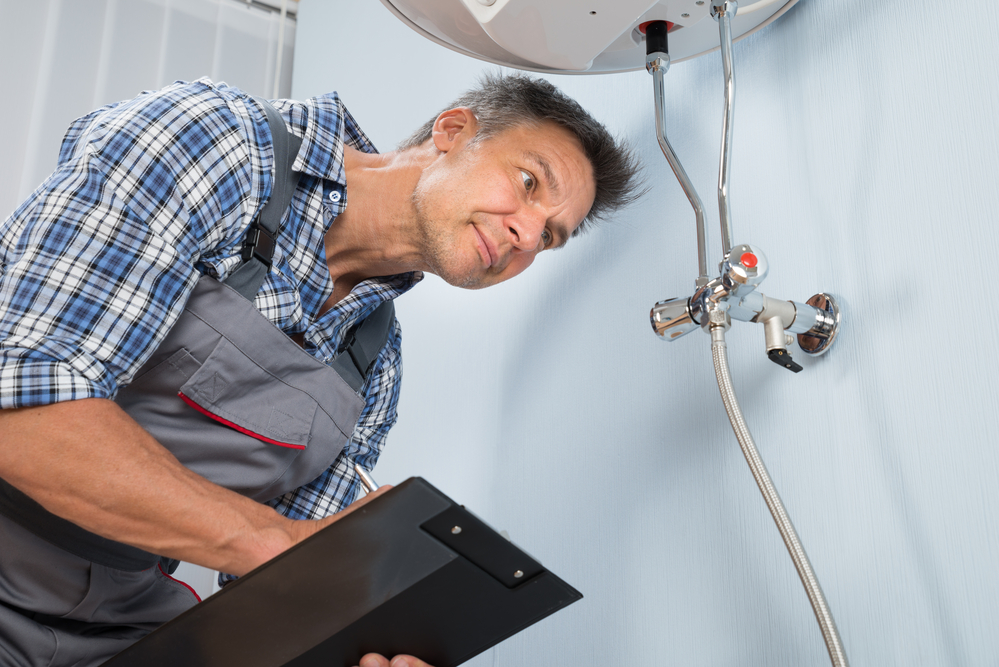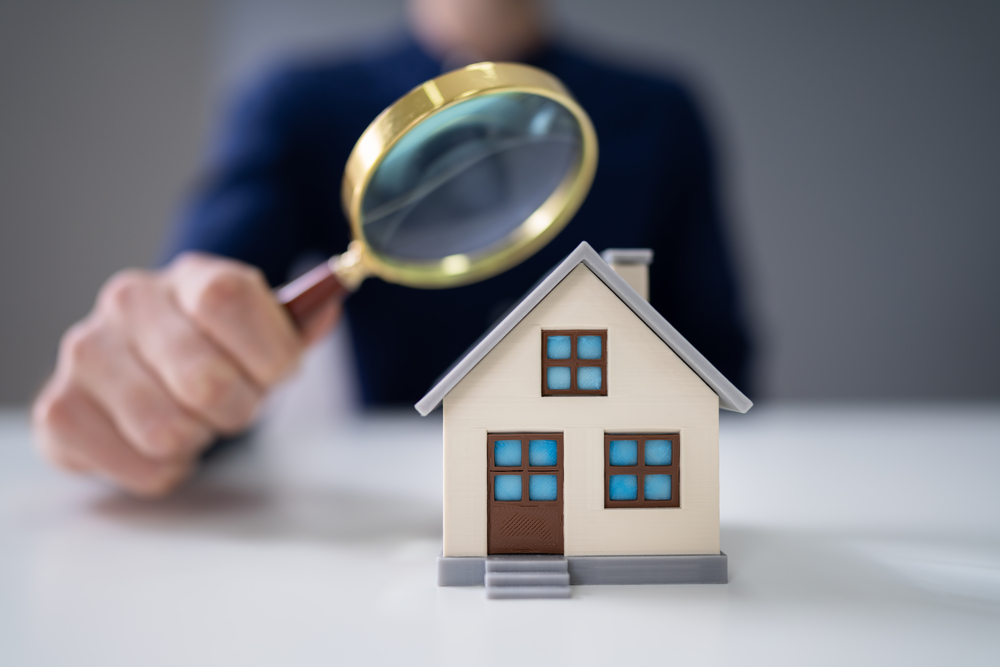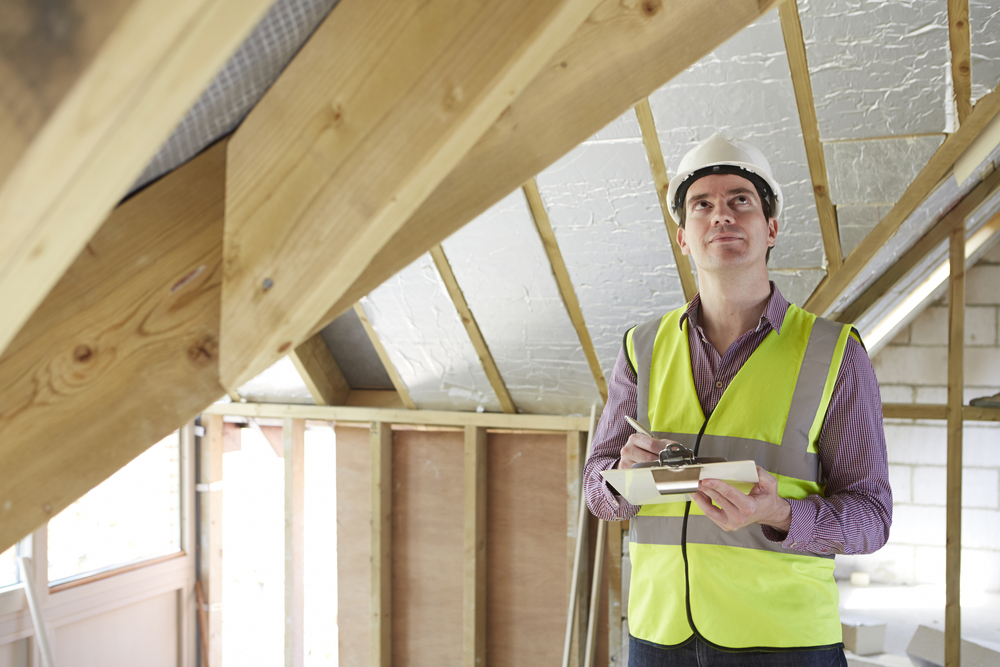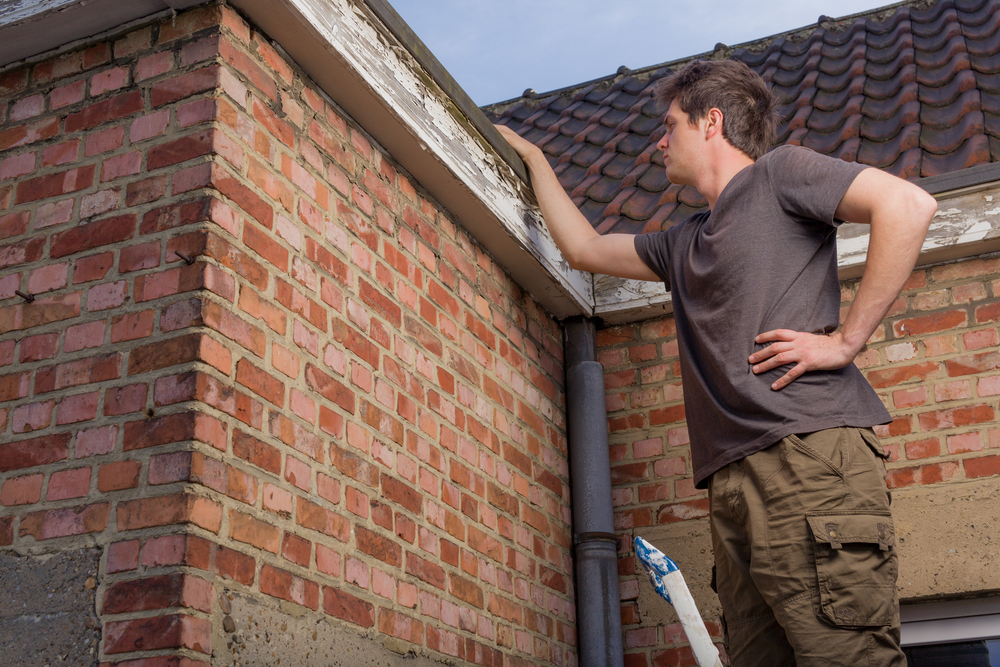11-Month Warranty Inspections
Purchasing your new home is an exciting adventure. There are open houses, scheduled viewings, and homes to peruse before you make an offer. However, these homes will not always be free of issues. That’s why 11-month warranty inspections conducted by a third party are vital during the new construction process.
Why Are 11-Month Warranty Inspections So Important?
An 11-month warranty inspection is there to protect you. This inspection is performed just prior to the builder’s warranties expiring. The inspector searches for defects in your new home that have occurred while the property was changing hands or those that went undetected in prior inspections. Builder’s warranties will commonly last for one year; however, there are some cases where the warranty can be extended up to 2 years.
Common Defects
Water intrusion due to improperly installed flashing can be discovered during 11-month warranty inspections. Inspectors may also find loose toilets and even missing insulation. While there are too many to list, some common defect findings include:
- Leaking plumbing
- Cracked shingles
- Improper vent installation
- Damaged cabinets
- Damaged appliances
The list goes on. Your home inspector will be able to identify these issues and send their professional report to the builder. That way, your home will receive the repairs needed from your home warranty.
Your Warranty Inspection Checklist
There are many things to check when you are inspecting your home. The first area to look at is the exterior of your home. This is followed by the garage, outbuildings, interior, rooms, HVAC, electrical, plumbing, attic, foundation, and roof.
Exterior
When inspecting the exterior of your home, an inspector will examine your windows and doors to ensure they are properly painted and caulked and that the weep holes have been covered. In addition, they will check the paint application, inspect for window installation, and ensure there is no window damage. The inspector will also ensure that the soffits are undamaged and have left no gaps for pest intrusion.
Your home inspector will also check the exterior of your home for plumbing fixtures and any accessible electrical outlets. Finally, they will inspect stucco and siding for cracks and damages.
Garage
The first thing that will be checked in the garage is the functionality of the door and sensors. Next, your home inspector will check for water stains and damage to your walls and ceilings. Finally, they will also check any appliances that have been installed in your garage for proper installation and damages.
Interior
The walls, outlets, ceilings, floors, and windows in the interior of your home will be inspected for functionality and damage as well. This will include cabinets, appliances, light switches, and fans. Your home inspector will ensure that electricity is getting to each outlet, that all light switches function, and that all fans are secured and working correctly.
Bathrooms and Kitchen Areas
The bathrooms and kitchen areas of your home require extra care. First, your inspector will check the sinks and tub for proper drainage. Then access the hot water at each of your sinks. Following this, they will check for leaks underneath the sinks and ensure that the toilets don’t run continuously and are not loose. Next, they will check fans and vents for functionality. Last, your inspector will check the tile and grout for damages.
Heating and Air Conditioning
Your heating and air conditioning systems must work properly. Your inspector will ensure that all registers are blowing cold air with the A/C and hot air with the heater. They will then check the system for damage, including your A/C unit and furnace. The HVAC system in your house is vital to keeping your family safe in extreme weather conditions, and ensuring that it is in proper working order prior to moving in will keep your family safe and comfortable.
Electrical
Home Inspectors will remove the panel covers off your fuse box and ensure everything is in order during 11-month warranty inspections. Then, they will exercise your breakers, ground fault circuit interrupters, and arc fault circuit interrupters. We use a lot of electricity in our daily lives and having an inspection is a simple way of ensuring that your family is safe while they use it and that the breakers will trip if they are overloaded.
Plumbing
Moving into your home only to find out that the toilets don’t work is a nightmare. The 11-month warranty inspection ensures you have the correct water pressure at your sinks and faucets. Your inspector will ensure that you have hot and cold water available and that no leaks are visible with any plumbing. Additionally, your inspector will check for correct installation so that the hot is left turn and the cold is right to avoid any unpleasant surprises.
Roof and Attic
Inspectors know how to traverse your attic safely to inspect for damaged trusses, onsite alterations, proper insulation, and roof leaks. The inspector will also check the roof’s exterior for loose and damaged shingles. Then they will inspect all vents for correct flashing and installation. Finally, they will check all visible flashing and inspect your home’s drip edge for damage.
Foundation
With new homes, many will not be highly concerned about the foundation, as it was just poured. However, your inspector will check all visible areas of the foundation for cracks and damages regardless. Additionally, they will ensure that the grading is sloped away from your new home. They will then check for signs of flooding and ensure that all vegetation is at least six inches away from the structure. Last, your inspector will check your driveway.
Professional vs Self Inspection
When looking at checklists for 11-month warranty inspections, it might be tempting to wander around and inspect the home yourself. Surely we can all look at the walls and ensure that there are no cracks and damages. So why is it so essential to hire a third party to inspect your home before the warranty expires?
Self Inspection
If you conduct a self-inspection, then you will notice many of the visible issues that could be present. You will also quickly identify whether the hot and cold water have been installed correctly. However, many other items on the list can be tricky to inspect without the proper training, such as the flashing. Other items can be dangerous to examine, like the electrical box.
In the end, while you may have saved a small amount of money by not hiring an inspector now, you may end up paying much more down the road if you miss something. Remember, your home’s warranty does have a time limit.
Professional Inspection
Just because your home is new doesn’t mean it isn’t going to have any problems. Many problems that inspectors will find are not detectable without the specialized equipment they are trained to use. Your 11-month warranty inspection can uncover leaks behind walls and much more that can cost thousands of dollars down the line.
In addition to the money you could save down the road, a trained professional can inspect your home safely. They will be able to inspect the roof, attic, and electrical in a safe manner. Having a professional inspect your home can save you from accidentally crashing through your ceiling, slipping off the roof, or receiving a nasty electrical shock.
Why the Last Minute Inspection?
It always seems like everything is perfect until just after your warranty ends. This is true with everything from cars and cellphones to your new home. An 11-month inspection occurs just before the warranty ends so that you can catch any last-minute problems before the warranty is up and you are on your home.
A licensed and trained home inspector will check your home while you are still under warranty. This way, you can fix the issues without being stuck with a huge bill for expensive repairs that you will have to pay out-of-pocket. Instead, you wait till the last month to ensure you get the most out of your home warranty.
A Third Party
You should hire a third party for 11-month warranty inspections for three reasons. The first is experience. They have the training and experience to get the job done and to get it done right. The second is an outside perspective. They will be objective and fair. The third reason is time. An inspector can get the job done quickly, saving you time and money. Overall, a third-party inspector can remove stress from your shoulders.
Purchasing your dream home is an exhilarating feeling. First, however, you must ensure that the home you buy is a good investment and is safe for your family. That’s why professional home inspections are so necessary. Contact us at Hound Dog Home Inspections and ask us about our services, including our full home inspections, water intrusion inspections, and pre-listing inspections today.





